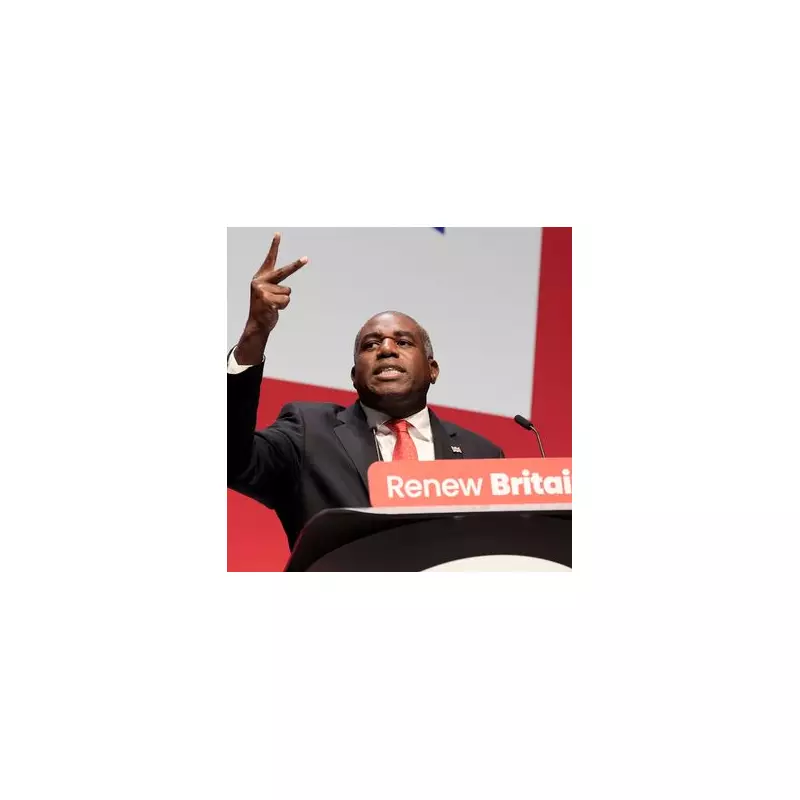
Shadow Foreign Secretary David Lammy unleashed a blistering critique of discount retailer Poundland during a heated parliamentary session, branding their political merchandise as "pathetic" and demanding answers about the company's unexpected foray into political commentary.
Retailer's Political Stance Sparks Fury
The Labour MP's outrage was directed at Poundland's recent product line featuring mugs emblazoned with the slogan "Britain Needs a New Government" - a clear dig at the current Conservative administration. Lammy didn't hold back during his Commons appearance, questioning whether the budget retailer had suddenly transformed into a political entity.
"When did Poundland become a political party?" Lammy demanded, his voice echoing through the chamber. "They are selling these pathetic mugs... It's an absolute disgrace."
Defence Minister's Ironic Response
The situation took an ironic turn when Defence Minister James Cartlidge responded to Lammy's tirade by noting he hadn't purchased any of the controversial merchandise himself. This prompted laughter from MPs across the house, though Lammy remained unamused by the exchange.
Cartlidge attempted to deflect the criticism by highlighting the government's economic achievements, but Lammy continued his assault, pointing to what he described as the Conservatives' "14 years of failure" on economic policy.
Broader Political Context
The fiery exchange comes amid growing political tensions as the UK approaches potential general elections. Lammy's outburst reflects the heightened political sensitivities surrounding corporate involvement in political discourse.
Poundland, traditionally known for its budget-friendly household goods, has unexpectedly found itself at the centre of a political storm, demonstrating how even retail marketing decisions can become flashpoints in the nation's political battles.
The incident raises important questions about the boundaries between corporate speech and political commentary, particularly as businesses increasingly take stands on social and political issues.





